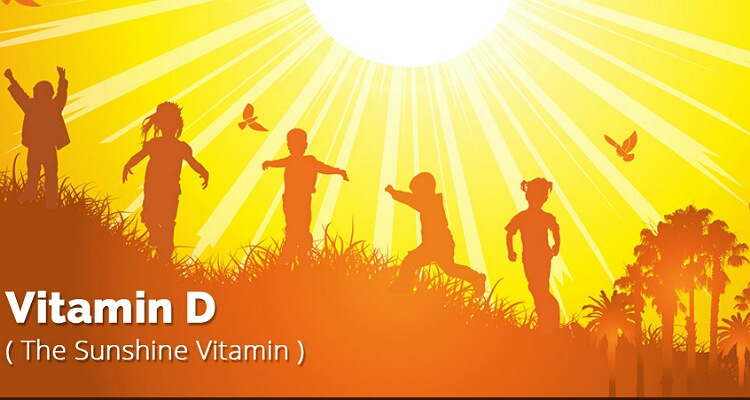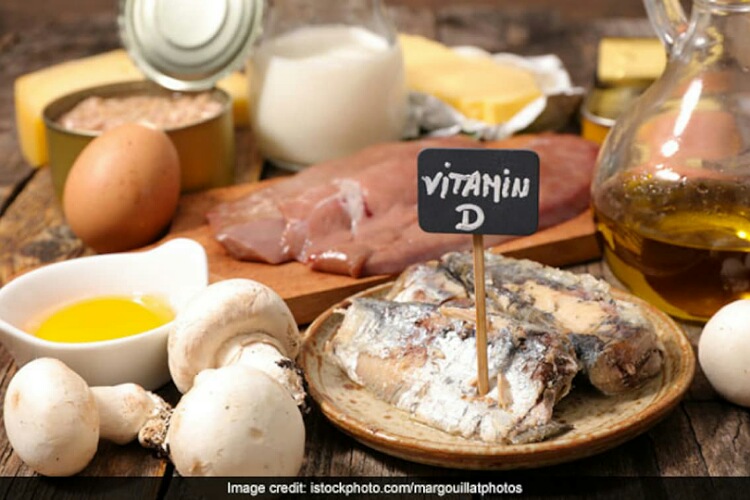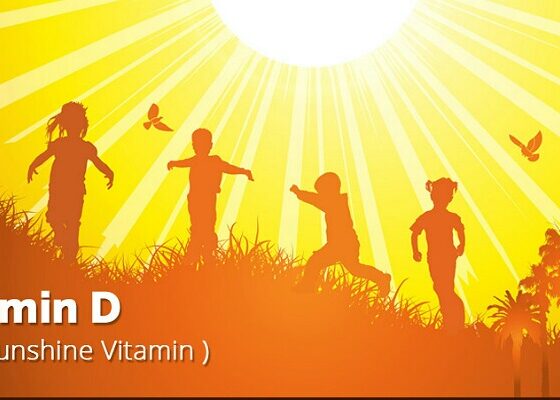Vitamin D or the sunshine vitamin is extremely vital for the body. Every body cell needs it. But, unfortunately, a significant proportion of people globally suffer from a deficiency of this vitamin. This affects their health, its functioning, bones and teeth. Supplements can help but natural ways to up this vitamin is best. Simple diet tweaks could play a great role to overcome this deficiency effectively, safely, and in a sustained way.
Vitamin D or the sunshine vitamin
Optimal health calls for adequate amounts of nutrients in diet. This includes vitamin D or the sunshine vitamin. The name comes from the fact that sunlight helps in the synthesis of this vitamin in the body. And this vitamin is vital for proper functioning of each and every cell of the body.

But certain places in the world lack enough sunshine. This is worse during the winter months. And it might be difficult for people with sun allergy. All these factors lead to vitamin D deficiency that can manifest in different ways. The worst effect is on bones and teeth.
Around one-fourth of the population in the UK have deficient amounts of vitamin D in the blood. This increases to one-third during the cold winters when sunshine drops further. Hence studies recommend vitamin D supplementation in these nations.
Vitamin D deficiency
Nicola Read, clinical fellow for Bupa Health Clinics says:
‘Ultraviolet B (UVB) sunlight rays convert cholesterol in the skin into vitamin D,’
‘The sunlight has to fall directly on to bare skin – through a window is not enough, and if you wear clothes that cover your skin entirely, your skin can’t make it.’

In order to prevent deficiency, one should consume foods high this vitamin. Around 400 to 800 IU of this vitamin is a must per day. Nicola explains:
“During the winter months, your body often relies on stores from the summer and so you are at greater risk of being deficient,”
D2 is found in plants and fortified foods while D3 is made under our skin with sunlight and found in animal foods. Nutritionist Jenna Hope reveals:
‘Vitamin D3 is the most bioavailable source of Vitamin D, meaning more of the nutrient can be absorbed and utilised in the body,’
Foods high in this vitamin
Foods with healthy fats have high amounts of vitamin D that is fat soluble. Eating animal foods that are organic and free range provides a lot of this vitamin. Red meat and seafoods are rich in this vitamin. Egg yolks contain a lot of it; around 30 IU per egg. Mushrooms too abound in this vitamin. There is 400 IU of vitamin D in an 85 g serving of Portobello mushrooms. Shiitake mushroom has 85 IU of it in a 100 gram serving.

Read here: Vitamins through food: How to get them?
Cheese is another excellent source. Ricotta has the highest amount of it compared to other cheese. Milk has 124.4 IU per cup of milk. Other plant based milks are fortified with vitamin D. Fortified tofu and yoghurts are also available. Breakfast cereals and fruit juices are also fortified.
Try to incorporate these foods in your daily diet and you will reap their benefits.
